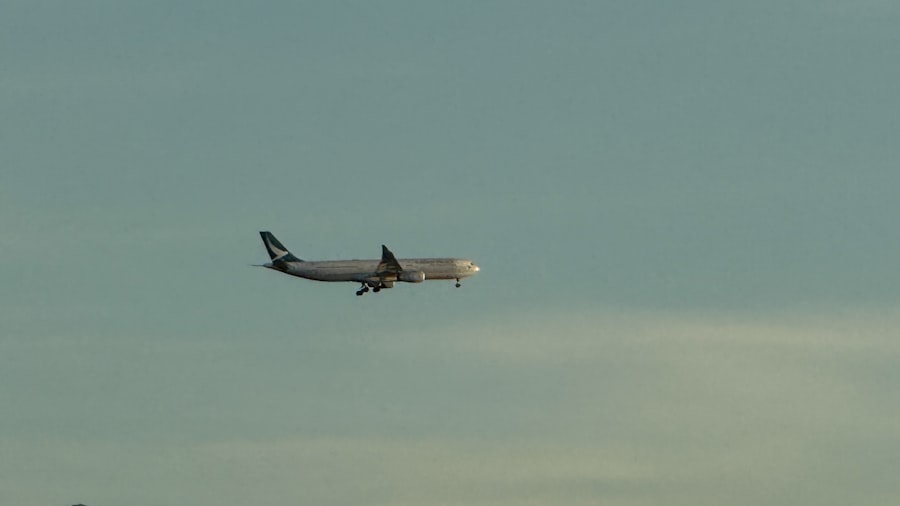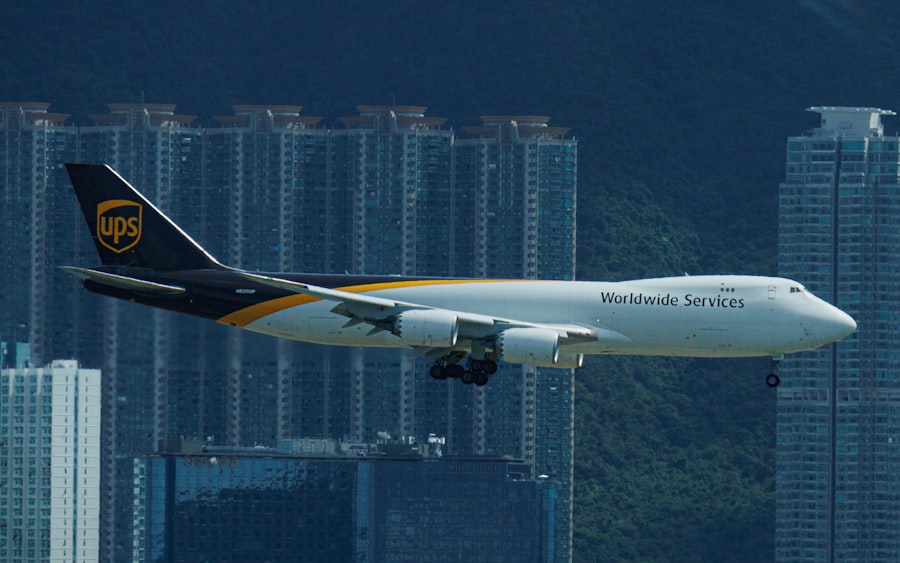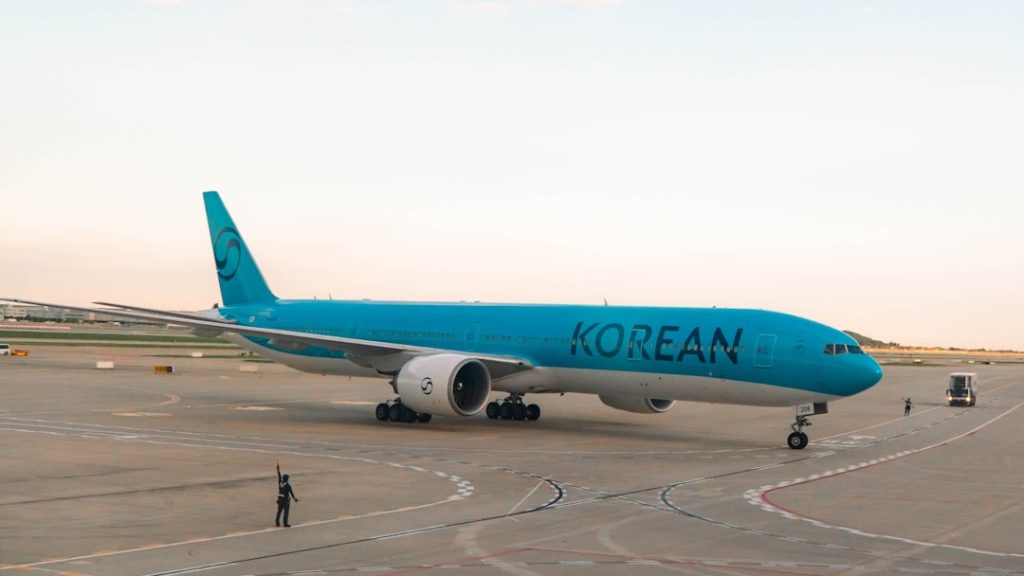Global air travel serves as a vital artery for the world’s economy, facilitating not only the movement of people but also the exchange of goods and ideas across borders. The aviation industry has become a cornerstone of globalization, enabling individuals to traverse vast distances in mere hours. This connectivity fosters cultural exchange, enhances tourism, and stimulates international trade.
In 2019, prior to the pandemic, the International Air Transport Association (IATA) reported that airlines carried over 4.5 billion passengers, underscoring the sheer scale of air travel’s impact on global interactions. Moreover, air travel plays a crucial role in economic development. It supports millions of jobs worldwide, from airline employees to airport staff and those in related sectors such as hospitality and tourism.
The World Travel & Tourism Council (WTTC) estimated that travel and tourism contributed approximately 10.4% to global GDP in 2019, highlighting how integral air travel is to economic vitality. The ability to connect cities and countries not only enhances business opportunities but also promotes investment in infrastructure and services, creating a ripple effect that benefits local economies.
Key Takeaways
- Global air travel is important for connecting people, cultures, and economies around the world.
- International airports and hubs play a crucial role in facilitating global air travel and connecting different regions.
- Airline alliances and partnerships help to expand route networks and provide seamless travel experiences for passengers.
- International air travel regulations and policies are essential for ensuring safety, security, and efficiency in the aviation industry.
- The challenges and opportunities in global air travel include issues such as congestion, security, and technological advancements.
International Airports and Hubs
International airports serve as critical nodes in the global air travel network, acting as gateways that facilitate the movement of passengers and cargo across continents. Major international airports, such as Hartsfield-Jackson Atlanta International Airport, London Heathrow, and Dubai International Airport, are designed to handle millions of travelers each year while providing a range of services that enhance the travel experience. These airports are equipped with advanced technology for security screening, baggage handling, and passenger processing, ensuring efficiency and safety.
Airports often function as hubs for specific airlines, allowing them to consolidate flights and optimize routes. For instance, Singapore Changi Airport is a hub for Singapore Airlines and serves as a connecting point for travelers heading to various destinations in Asia and beyond. This hub-and-spoke model not only maximizes operational efficiency for airlines but also provides passengers with more options for connecting flights.
The strategic location of these hubs can significantly reduce travel times and improve accessibility to remote regions, thereby enhancing global connectivity.
Airline Alliances and Partnerships

The formation of airline alliances has revolutionized the way airlines operate on an international scale. Alliances such as Star Alliance, Oneworld, and SkyTeam enable member airlines to collaborate on various aspects of their operations, including code-sharing agreements, joint marketing initiatives, and coordinated schedules. This collaboration allows airlines to expand their reach without the need for direct ownership or investment in additional routes.
For example, a traveler flying from New York to Tokyo may book a single ticket that includes flights operated by multiple airlines within an alliance, simplifying the booking process and enhancing convenience. These partnerships also provide significant benefits to frequent flyers. Members of loyalty programs can earn and redeem miles across different airlines within the same alliance, increasing the value of their loyalty.
Additionally, passengers enjoy perks such as priority boarding, access to airport lounges, and streamlined check-in processes when traveling on partner airlines. This interconnectedness not only enhances customer satisfaction but also encourages brand loyalty among travelers who appreciate the seamless experience offered by airline alliances.
International Air Travel Regulations and Policies
| Country | Quarantine Requirement | COVID-19 Test Requirement | Vaccination Requirement |
|---|---|---|---|
| United States | Varies by state | Required for unvaccinated travelers | Not required |
| United Kingdom | 10-day quarantine for unvaccinated travelers | Required for all travelers | Not required |
| Canada | 14-day quarantine for unvaccinated travelers | Required for all travelers | Not required |
The landscape of international air travel is shaped by a complex web of regulations and policies that govern everything from safety standards to passenger rights. Organizations such as the International Civil Aviation Organization (ICAO) play a pivotal role in establishing global standards for aviation safety and security. These regulations ensure that airlines adhere to strict guidelines regarding aircraft maintenance, pilot training, and operational procedures, thereby safeguarding the well-being of passengers.
In addition to safety regulations, international air travel is also subject to various policies concerning customs, immigration, and security screening. Each country has its own set of rules governing entry requirements for foreign travelers, which can include visa regulations and health screenings. The COVID-19 pandemic highlighted the importance of these policies as countries implemented travel restrictions and health protocols to mitigate the spread of the virus.
As a result, travelers must stay informed about the latest regulations affecting their destinations to ensure compliance and avoid disruptions during their journeys.
Challenges and Opportunities in Global Air Travel
The global air travel industry faces numerous challenges that can impact its growth and sustainability. One significant challenge is the volatility of fuel prices, which can dramatically affect operating costs for airlines. Fluctuations in oil prices can lead to increased ticket prices for consumers or reduced profitability for airlines if they choose to absorb costs rather than pass them on.
Additionally, geopolitical tensions and natural disasters can disrupt flight operations and create uncertainty in travel patterns. However, these challenges also present opportunities for innovation within the industry. Airlines are increasingly investing in technology to enhance operational efficiency and improve customer experiences.
For instance, advancements in artificial intelligence (AI) are being utilized for predictive maintenance of aircraft, optimizing flight schedules, and personalizing customer service through chatbots. Furthermore, the rise of low-cost carriers has democratized air travel by making it more accessible to a broader audience, encouraging competition that drives down prices while improving service quality.
Sustainable Practices in International Air Travel

As concerns about climate change intensify, the aviation industry is under increasing pressure to adopt sustainable practices. Airlines are exploring various strategies to reduce their carbon footprint, including investing in more fuel-efficient aircraft and exploring alternative fuels such as biofuels. For example, several airlines have committed to achieving net-zero carbon emissions by 2050, signaling a significant shift towards sustainability in air travel.
In addition to technological advancements, airlines are also focusing on operational efficiencies that minimize environmental impact. This includes optimizing flight routes to reduce fuel consumption and implementing weight-reduction measures by minimizing onboard supplies or using lighter materials in aircraft design. Furthermore, many airports are adopting green initiatives such as solar energy installations and waste reduction programs to enhance their sustainability efforts.
These practices not only contribute to environmental conservation but also resonate with environmentally conscious travelers who prioritize sustainability when choosing airlines.
The Future of Global Air Travel
The future of global air travel is poised for transformation as technological advancements continue to reshape the industry landscape. Innovations such as electric aircraft and urban air mobility solutions are on the horizon, promising to revolutionize short-haul travel and reduce reliance on traditional jet fuel. Companies like Joby Aviation are developing electric vertical takeoff and landing (eVTOL) aircraft that could facilitate urban commuting while minimizing noise pollution and emissions.
Additionally, advancements in digital technology are set to enhance the passenger experience significantly. The integration of biometric identification systems at airports could streamline check-in processes and security screenings, allowing travelers to move through terminals with greater ease. Furthermore, the use of virtual reality (VR) and augmented reality (AR) technologies may offer immersive experiences for passengers during their journeys or at airports, transforming how they engage with their surroundings.
Tips for Navigating International Air Travel
Navigating international air travel can be daunting due to various factors such as language barriers, cultural differences, and complex regulations. To ease this process, travelers should familiarize themselves with their destination’s entry requirements well in advance of their trip. This includes understanding visa regulations, health protocols, and any necessary vaccinations that may be required for entry.
Additionally, it is advisable for travelers to arrive at the airport early to allow ample time for check-in and security procedures. Utilizing mobile apps provided by airlines can enhance the travel experience by offering real-time updates on flight status and gate changes. Packing smartly is also essential; travelers should be aware of baggage restrictions and pack essential items in their carry-on luggage in case of delays or lost baggage situations.
By preparing adequately and staying informed about their journey, travelers can navigate international air travel with greater confidence and ease.


